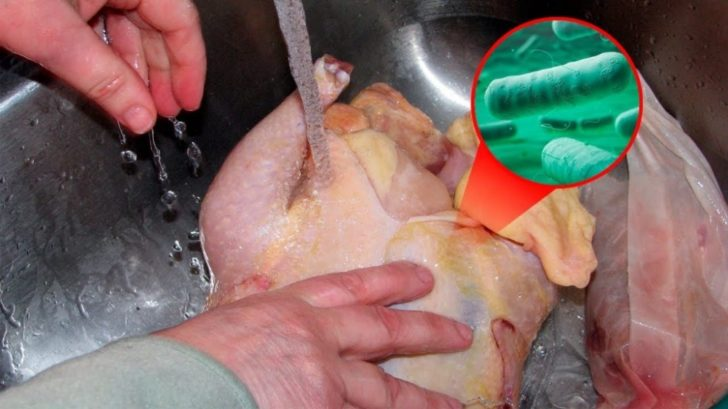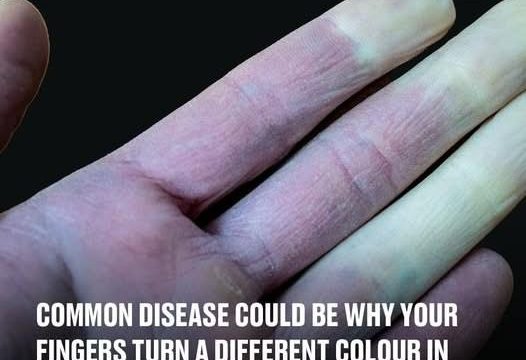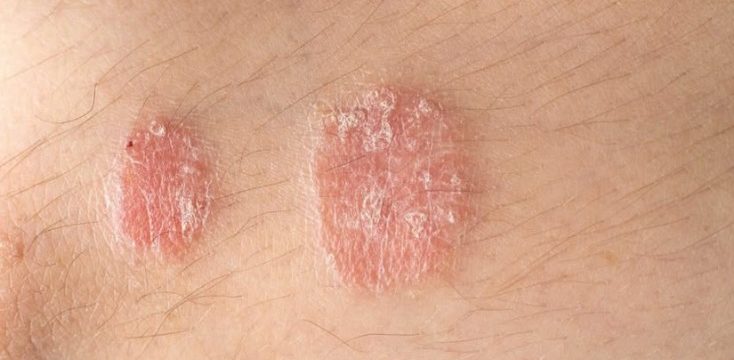For many people, washing raw chicken is a tradition passed down through generations. Some even rinse it with lemon juice or vinegar, believing that it helps clean the meat. However, this practice has come under fire from the CDC, which now advises against washing chicken due to the risks of spreading harmful bacteria in the kitchen.

Why People Still Wash Chicken Despite Warnings
The debate over washing chicken has sparked heated discussions, especially on social media. Many people remain skeptical of the CDC’s recommendation, arguing that they’ve been washing chicken for years without getting sick. Comments like “I’ve always done it this way” are common, but the science is clear: washing chicken increases the risk of spreading bacteria, and it’s not worth the gamble.
How to Handle Raw Chicken Safely
If you’re concerned about the cleanliness of raw chicken, focus on proper kitchen hygiene instead of washing the meat. After handling raw chicken, wash your hands thoroughly with soap and water, and sanitize any surfaces, cutting boards, and utensils that came into contact with the meat. This simple practice can go a long way in reducing the risk of cross-contamination.
Additionally, always use separate cutting boards for raw meat and other ingredients like vegetables or bread. Once the chicken is cooked, clean and disinfect all the surfaces you used, making sure to keep your kitchen as safe and sanitary as possible.
Skip the Wash and Cook Safely
The CDC’s recommendation is based on scientific evidence aimed at keeping your kitchen and your food safe. While it may feel counterintuitive for those who have always washed chicken, understanding the risks can help you adopt safer practices. The key takeaway? Skip washing raw chicken, cook it thoroughly, and practice good kitchen hygiene to protect yourself from foodborne illnesses.





